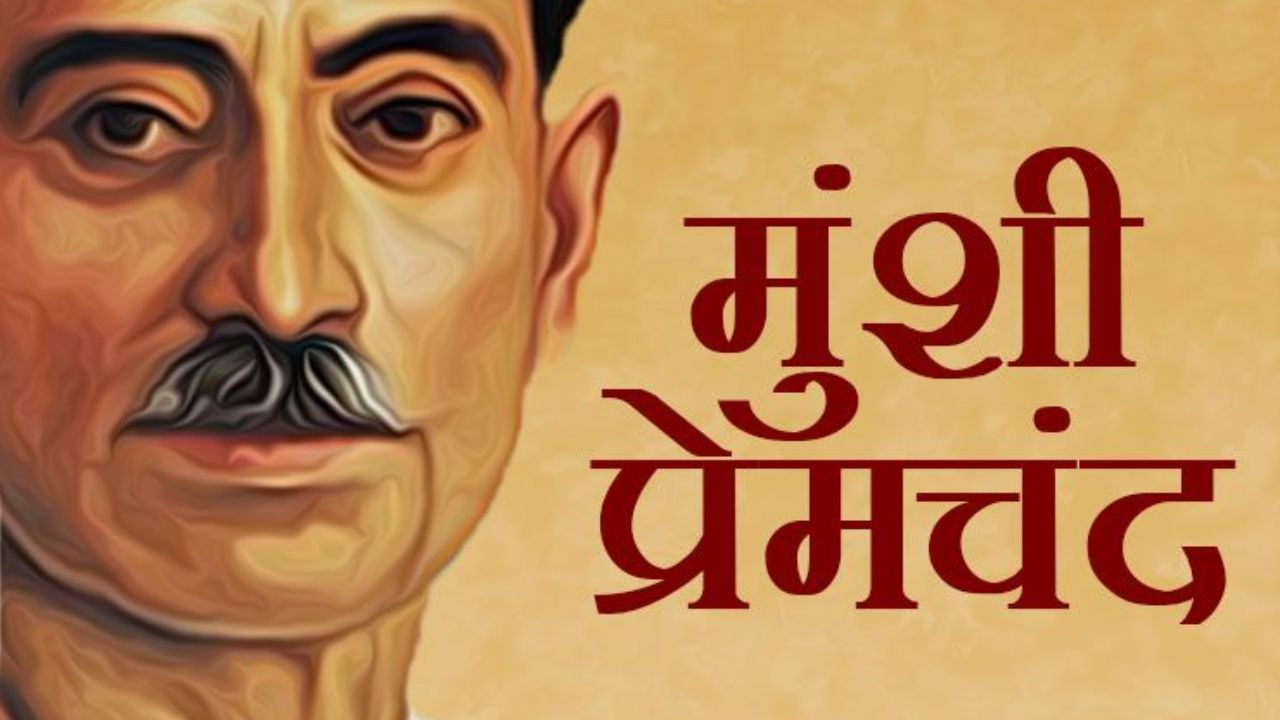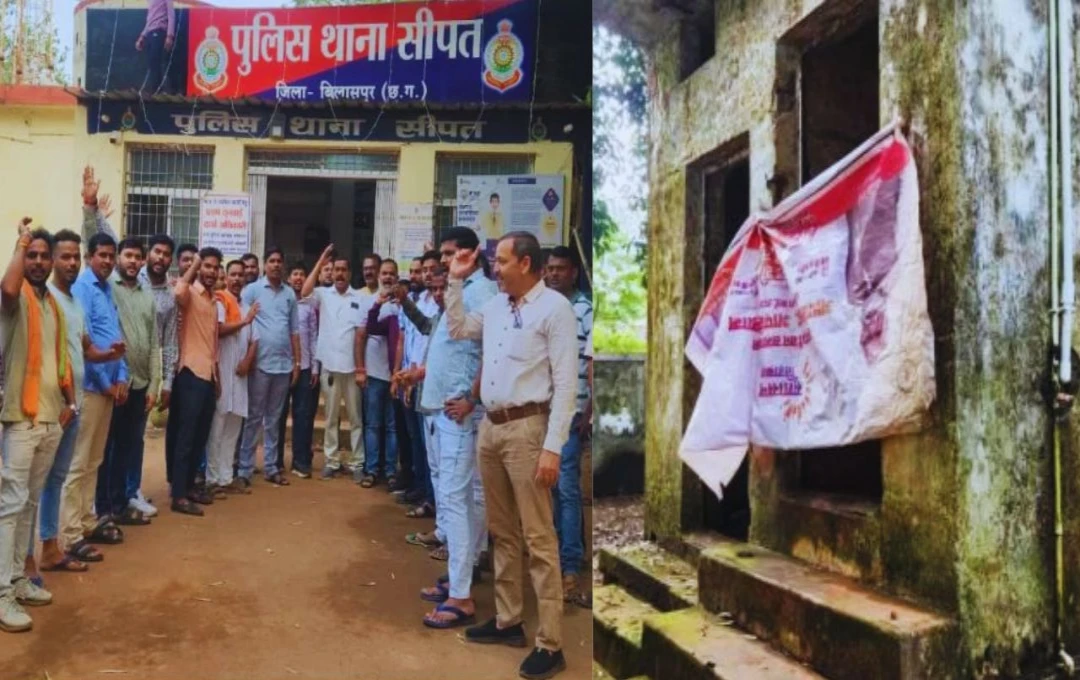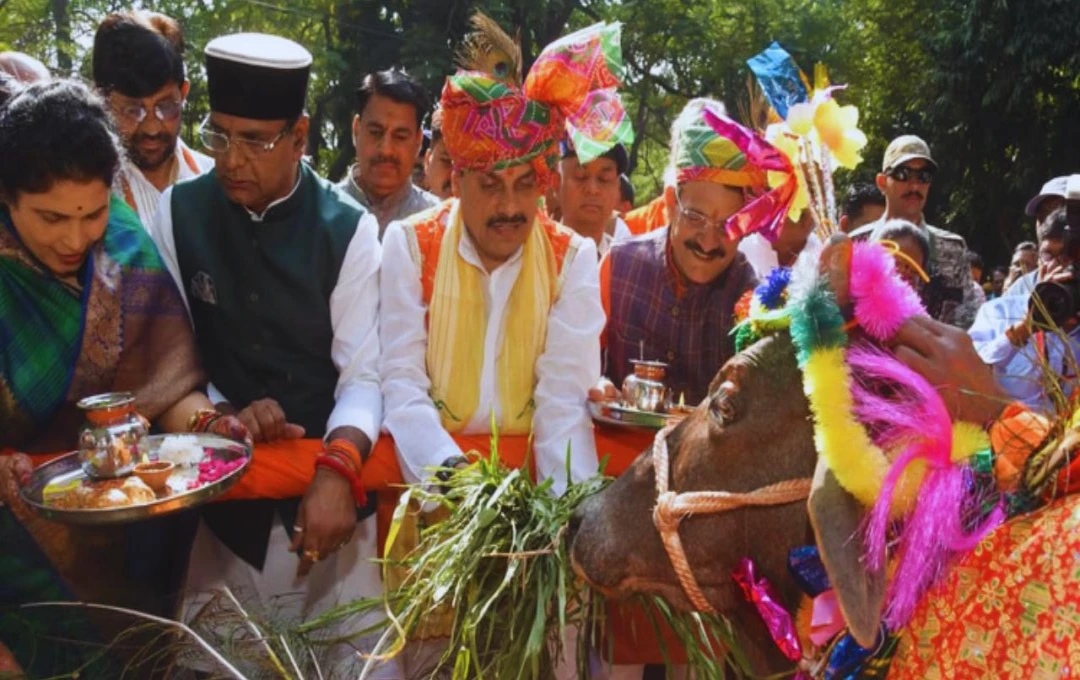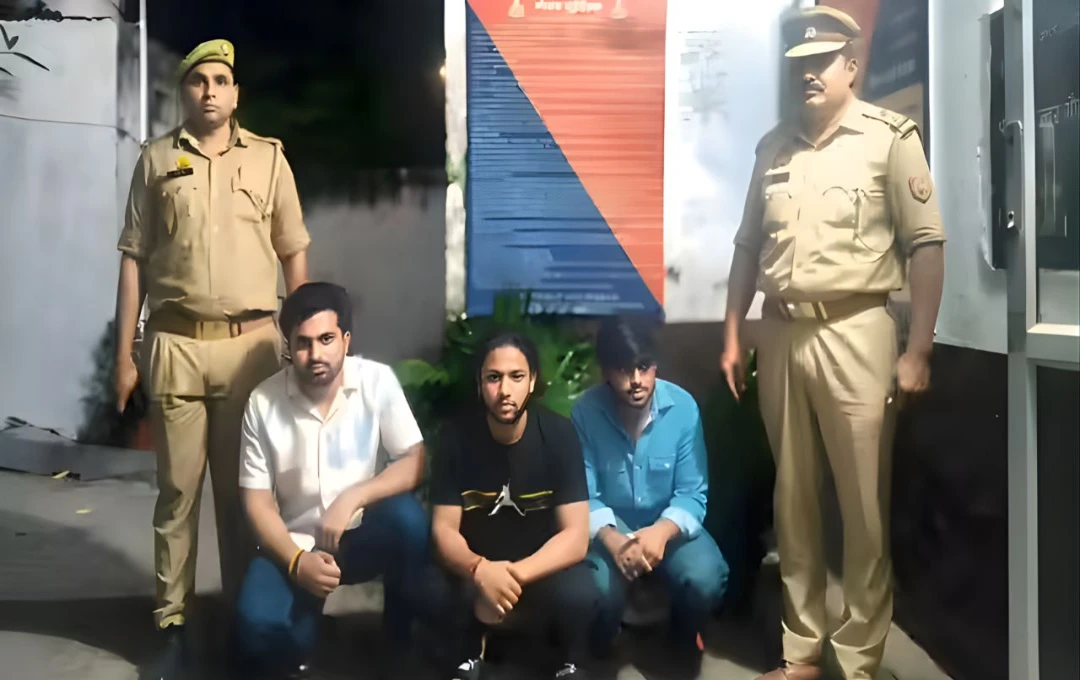Friends, our country has for centuries been the birthplace and abode of numerous great personalities brimming with virtues – sages, poets, writers, and musicians, among others. Thousands of creations composed by these great individuals are invaluable.
Today's youth, in this digital age, seem to be lost, drifting far from our heritage and priceless treasures. subkuz.com strives to bring you these invaluable treasures along with entertaining stories, news, and information from India and around the world.
Presented here is one such invaluable story by Munshi Premchand.
Nag Pooja (Snake Worship)
It was morning. The first sunbeam of Ashadh had appeared. Insects crawled everywhere. Tilottama looked towards the garden; the trees and plants were gleaming as if freshly laundered. A strange spiritual radiance enveloped them, as if yogis were immersed in bliss. The birds were unusually playful, chirping from branch to branch and leaf to leaf. Tilottama went into the garden. She too became as playful as these birds, sometimes looking at a plant, sometimes shaking the water droplets on a flower and sprinkling the cool spray on her face. Creepers were twining. She began picking them and placing them on her palm. Suddenly, she saw a large black snake crawling. She exclaimed, "Amma, Nagji (the snake god) is going. Let me put some milk in a bowl for him."
Amma said, "Let him go, daughter; he must be out for a breath of fresh air."
Tilottama – "Where do they go in the summer? They are not seen."
Mother – "They don't go anywhere, daughter; they stay in their burrows."
Tilottama – "And nowhere else?"
Mother – "Daughter, they are our deities; why would they go anywhere? They have been seen here since the year you were born. They don't speak to anyone. A child may pass by, but they don't even glance. They haven't caught even a single mouse to this day."
Tilottama – "Then what do they eat?"
Mother – "Daughter, they live on air. This makes their soul divine. They remember things from their past lives and know what is to come. When a great yogi becomes arrogant, he is punished by being born in this form. He remains in this form until his penance is complete. Some live for a hundred, even two hundred years."
Tilottama – "What if we don't worship it?"
Mother – "Daughter, what kind of childish talk is this? If they get angry, who knows what calamity might befall us! They first appeared the year you were born. Since then, they appear five or ten times a year. They have such an effect that no one has even had a headache to this day."
Years passed. Tilottama grew from a girl to a young woman. The auspicious occasion of her wedding arrived. The wedding party came, the wedding took place, and the time for Tilottama to leave for her husband's home arrived.
The new bride was being adorned. There was a commotion inside and outside, as if there was a stampede. Waves of sorrow and separation were rising in Tilottama's heart. She wanted to sit alone and cry. Today, she would be leaving her parents, siblings, and friends. She didn't know when she would see them again. She didn't know what kind of people she would have to deal with, what their nature would be, or how they would treat her. Amma's eyes would never stop weeping. Even if I went away for a single day, she would be distraught with weeping. How will she bear this lifelong separation? She used to get headaches unless I gently massaged them, she would never find peace. Who will make betel for Father? Nothing would appeal to them unless I cooked their food. Who will cook for them now? How can I bear to be away from them? Even a slight headache here would worry Amma and Father. Immediately, doctors would be called. Who knows what the situation will be there?
How will I live in a closed house? I don't know if there is an open terrace or not. Even if there is, who will let me sleep? I will suffocate inside. If I wake up late, I will be reprimanded. Here, someone would wake me up in the morning, and Amma would say, "Let her sleep. If she wakes from light sleep, she will get a headache." There, I will hear taunts – the daughter-in-law is lazy; she lies on the cot all day. He (her husband) seems very gentle. Yes, he is a bit proud. What if his nature turns harsh…?
Suddenly, her mother came and said, "Daughter, I forgot to tell you something. Make sure to continue the Nag Puja (snake worship) there. Even if others in the house object, consider it your duty. My eyes had just closed for a moment. Nag Baba (the snake god) appeared to me in a dream."
Tilottama – "Amma, I also saw him, but he showed me a terrible form. It was a terrifying dream."
Mother – "See that no one kills a snake in your house. Keep this mantra with you always."
Before Tilottama could reply, cries were heard from the wedding party's side; in a moment, there was an uproar. A terrible tragedy had occurred. The groom had been bitten by a snake. He was coming to take his bride away. A black snake was hidden under the seat in the palanquin. As soon as the groom sat down, the snake bit him.
A commotion erupted everywhere. It was as if a thunderbolt had struck Tilottama. Her mother started weeping, beating her head. Her father, Babu Jagdishchandra, fainted and fell to the ground. He had already been suffering from heart disease. Exorcists were called, doctors were summoned, but the venom was deadly. In a short time, the groom's lips turned blue, his nails black, and he started to faint. In a moment, his body turned cold. As the dawn's redness illuminated nature, the flickering lamp extinguished.
Like a person sitting on a boat laden with sacks, fretting that it's not moving faster, there's no comfortable place to sit, why is the journey so bumpy, I'm sitting here in vain; but upon suddenly seeing the boat caught in a whirlpool, clings to the mast, so it was with Tilottama. Until now, she was immersed in the sorrow of separation, worried about the hardships and difficulties of her in-laws' house. But now she realized that I too am sinking with this boat. A moment ago, she was perhaps irritated with the man she considered a robber and a thief; now, how dear he was. Without him, life was a lamp – extinguished; a tree – barren. A moment ago, she was the subject of others' envy; now, of pity and compassion.
Within a few days, she realized that I have become a widow, deprived of all the joys of the world.
A year passed. Jagdishchandra was a devout man, but he could not bear Tilottama's widowhood. He decided to remarry Tilottama. Those who laughed clapped, but Babu Jagdish Babu acted from his heart. The whole household doted on Tilottama. Nothing could happen against her wishes; she was made the mistress of the house. Everyone ensured that her sorrow did not fester. But sadness remained etched on her face, causing others sorrow. At first, her mother did not agree to this social injustice; but as the opposition from the community increased, her opposition weakened.
In principle, almost nobody objected, but nobody had the courage to put it into practice. After many months of continuous effort, a cultured, principled, and educated groom was found. His family also agreed. Tilottama felt pained seeing her name being sold in society. She resented that Father was making a fool of himself for me in society. If my destiny was written for marital bliss, why would this thunderbolt strike? Sometimes she feared that I will become a widow again. When the marriage was finalized and the groom's picture was placed before her, tears welled up in her eyes. How much gentleness, firmness, and thoughtfulness emanated from the picture. She went to her mother with the picture and, bowing her head in shame, said, "Amma, I shouldn't speak, but the situation is such that I can't remain silent. Please convince Father. I am content with my situation. I fear that the same tragedy will befall me again…."
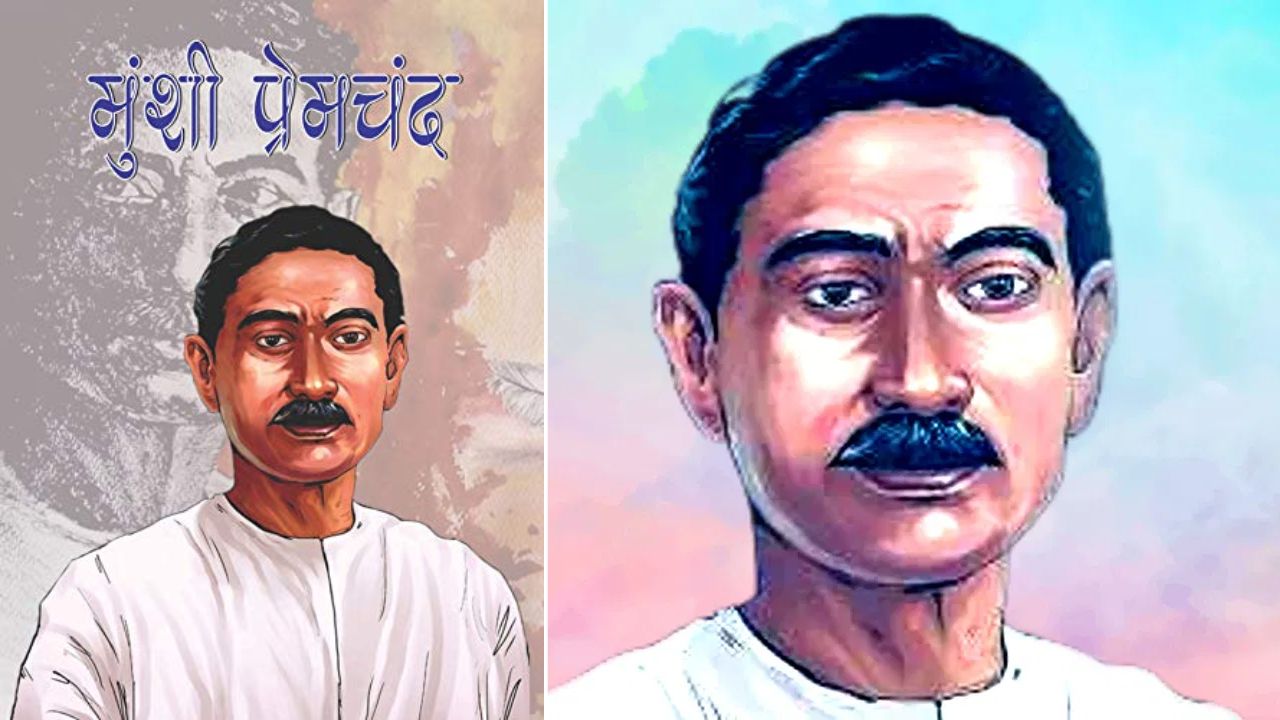
Her mother looked at her with apprehensive eyes and said, "Daughter, why are you uttering such ominous words? Fear has filled your mind, that's why you have these delusions. What was destined to happen has happened. Will God keep pursuing you?"
Tilottama – "Yes, it seems so to me."
Mother – "Why? Why do you have such doubts?"
Tilottama – "I don't know why! Someone in my mind keeps saying that something bad will happen. I often have terrifying dreams. At night, it seems to me that a creature, whose appearance closely resembles a snake, circles my cot. I fall silent out of fear. I don't tell anyone anything."
Her mother explained that it was all a delusion. The wedding date was fixed. This was not just Tilottama's remarriage, but also a practical example of social reform. Teams of social reformers began arriving from afar to attend the wedding. The wedding took place according to Vedic rites. The guests gave many speeches. Newspapers published many critiques. Babu Jagdishchandra's moral courage began to be appreciated. On the third day, it was time for the bride to depart.
Every possible precaution had been taken in the house. Electric lights made the whole house bright as day. Even an ant crawling on the ground could be seen. There were no creases, wrinkles, or folds in the clothes. Curtains were erected around the marquee. There was no possibility of insects entering from anywhere; yet, apprehension prevailed. It was 4 am. The entourage of stars was departing. Preparations for the bride's farewell were underway. On one side, shehnais (a type of oboe) were playing; on the other, wails of sorrow rose. But there were no tears in Tilottama's eyes; the time was critical. She wanted to get out of the house somehow. A sword hung over her head. There was no joy in crying and hugging her friends. If someone with a festering wound finds it better to go for a stroll in a garden than to a surgeon's house, what is there to be surprised about?
The groom was awakened. The music started. He was about to sit in the palanquin to take his bride away. But as soon as he put his foot in, he screamed and pulled his foot back. It turned out that his foot had fallen on embers. They saw a black snake slithering out of his shoe. It vanished in a moment. The groom gasped and sat down. Darkness enveloped his eyes.
In a moment, the news spread throughout the house; people ran. Medicines had already been kept ready. Many people who knew the snake mantra had been called. Everyone administered medicines. Exorcism began. Medicines were also given, but as if death itself were at play, nothing worked. Perhaps death had come disguised as a snake. When Tilottama heard, she beat her head. She ran towards the house, distraught. She didn't even think of covering herself with a sheet. She wanted to make her life successful by touching her husband's feet to her forehead. The women of the house stopped her. Her mother also tried to dissuade her, weeping. But Babu Jagdishchandra said, "It's alright, let her go. Let her at least see her husband. Why should this desire remain unfulfilled?" In that sorrowful state, Tilottama reached the house, but there, to her satisfaction, were only the husband's dying breaths. In those half-open eyes, unbearable agony and terrible despair.
News of this amazing event spread far and wide. The materialists were astonished; what was this matter? The devotees of spiritualism nodded knowingly, as if they were clairvoyants. Jagdishchandra resigned himself to fate. It was decided that the girl's destiny was to remain a widow. Snake worship started happening twice a year. A special change became visible in Tilottama's character. Days of pleasure and enjoyment started being spent in devotion and worship. This is the only support for despairing souls.
Three years passed when a professor from Dhaka University revived this story. He was a zoologist. He had studied the behavior of snakes in detail. He wanted to unravel this mystery. He sent a message to Jagdishchandra about marriage. He evaded the issue. Dayaram insisted further. He wrote, "I have decided this for scientific exploration. I want to fight this venomous snake. Even if it comes with a hundred fangs, it cannot harm me; it will die itself after biting me. Even if it bites me, I have such mantras and medicines that I can neutralize its venom in a moment. Don't worry about this; I am impervious to venom." Jagdishchandra could think of no excuse. Yes, he made a special effort to have the wedding in Dhaka. Therefore, he went with his family a week before the wedding. While traveling, they took great care of their trunks, beds, etc., so that a snake would not hide in them. The wedding ceremony took place on the auspicious occasion. Tilottama was distraught. One color would come to her face, another would go, but there was no hindrance in the ceremony. Tilottama went to her in-laws' house, weeping. Jagdishchandra returned home, but he was as worried as a man who leaves his open trunk in an inn and goes to the market.
A strange transformation occurred in Tilottama's nature. She laughed, talked, ate, drank, went for walks, participated in theaters and other social gatherings comfortably with others. On these occasions, she treated Professor Dayaram with great affection, taking great care of his comfort. She would not do anything against his wishes. Any stranger could say upon seeing her, if there is a homemaker, it is this one. In the eyes of others, this couple's life was ideal, but the internal situation was quite different. As soon as she went to bed with him, her face would contort, her eyebrows would furrow, wrinkles would appear on her forehead, her body would burn like fire, her eyelids would remain open, flames would seem to emanate from her eyes, and scorching flames would emerge from them; darkness would cover her face, and although no significant change would be visible in her appearance, it would inexplicably seem as if she were a she-snake. Sometimes she would even hiss. In this state, Dayaram would not dare to approach her or speak to her. He was captivated by her beauty, but in this state, he felt disgust towards her. He would leave her in this frenzy and go outside. He consulted doctors, studied many books on this subject himself, but could not understand the mystery; he had to admit his limited knowledge of physics.
He now found his life unbearable. He regretted his audacity. He had needlessly trapped himself in this calamity. He began to suspect that it must be some kind of ghostly play! He was not a believer in superstition, but where reason and logic fail, a person is forced to become superstitious.
Gradually, he became so that he always remained apprehensive of Tilottama. Her frenzy, her distorted facial features, did not leave his mind. He feared that she might kill him. Who knows when the frenzy would strike. This worry would torment his heart. Hypnotism, electricity, and many new healing methods were tried. He had great faith in hypnotism; but when this method also failed, he became despondent.
One day, Professor Dayaram had gone to a scientific conference. When he returned, it was twelve o'clock. It was a rainy day. The servants were asleep. He went to Tilottama's bedroom to ask where his food was. As soon as he stepped inside, he saw a very large black snake sitting near Tilottama's pillow. Prof. Sahib quietly returned. Going to his room, he drank a dose of some medicine and, taking a pistol and a stick, went again to Tilottama's room. He became convinced that this is my old enemy. It had come here after lurking for so many days. But why does it have such affection for Tilottama? It is sitting by her pillow as if it were a piece of rope. What is this mystery! He had read and heard many amazing stories about snakes, but he had never seen such a curious event mentioned anywhere. When he went to the room armed in this way, the snake was gone. Yes, a ghost had possessed Tilottama. She was sitting, staring with wide, fiery eyes. Flames were coming out of her eyes, whose glow extended to six feet. The frenzy was extremely intense at this time. As soon as she saw Dayaram, she pounced on him like lightning and, instead of trying to strike him with her hands, tried to bite him with her teeth. Along with this, she put both her hands around his neck.
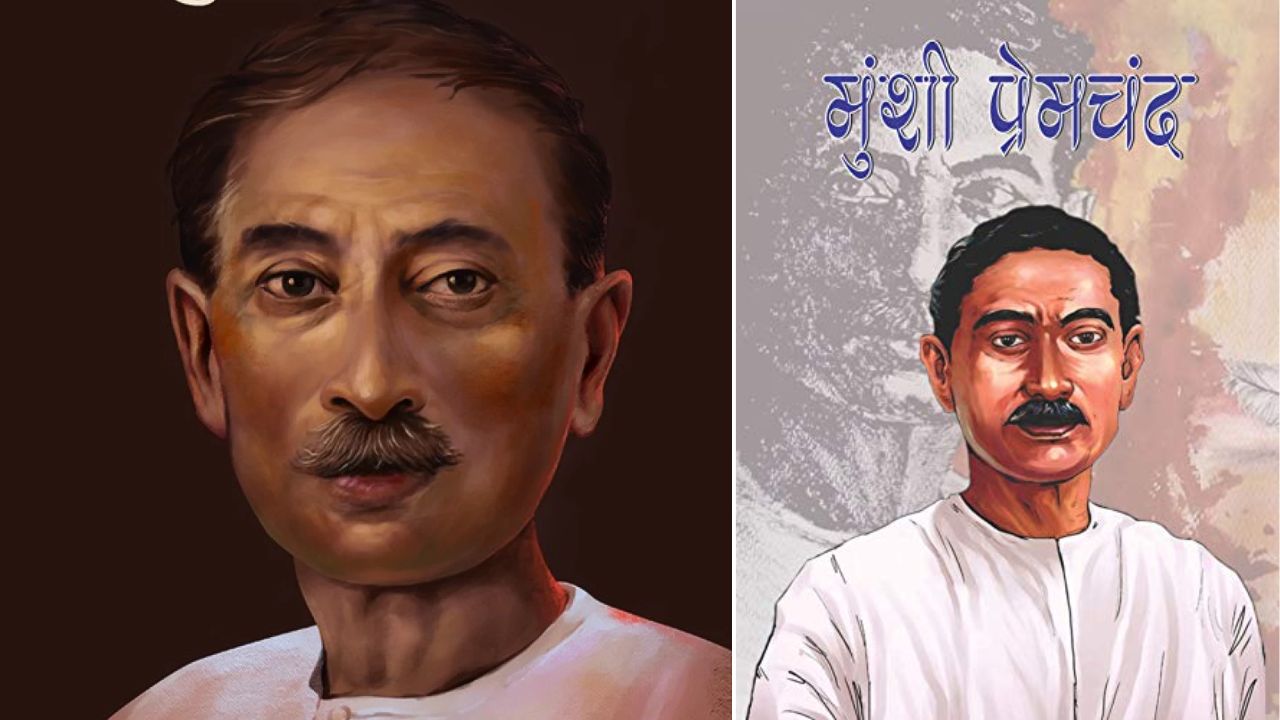
Dayaram tried his best, with all his might, to free his neck, but Tilottama's embrace became tighter and tighter every moment, like the coil of a snake. On the other hand, there was the suspicion that if she bites me, perhaps I will lose my life. The medicine he had just drunk was more deadly than snake venom. In this state, this sorrowful thought arose in him. Is this even life? The responsibility of the couple is on his head; there is no such thing as happiness; instead, there is fear of death day and night. What magic is this? Is that snake a ghost which comes to her head and creates this condition? They say that when such a state occurs, a blow given to the patient falls on the ghost; examples of this have been seen in lower castes. He was lost in this thought when he started suffocating. Tilottama's hands were tightening his neck like a rope noose. He looked around helplessly; no solution could be found. Breathing became difficult, his body became weak, his legs trembled. Suddenly, Tilottama brought her face towards his arms. Dayaram trembled. Death began to dance before his eyes. He thought to himself – This is not my wife right now; it's a venomous, terrible she-snake; it's difficult to save my life from her venom. The trust he had in his medicine vanished. If a mad rat bites, life hangs in the balance. God? What a terrible form! She seems like a she-snake. Now, whether I fall up or down, this condition must end. He felt like falling down. Tilottama repeatedly hissed like a snake, sticking out her tongue and lunging towards him. Suddenly, she said in a harsh voice, "Fool? You have the courage to make love to this beauty?" Saying this, she rushed to bite him.
Dayaram lost his patience. He straightened his right hand and fired the pistol at Tilottama's chest. It had no effect on Tilottama. Her arms became even tighter; sparks began to emanate from her eyes. Dayaram fired another shot. This shot hit properly. Tilottama's grip loosened. In a moment, her hands hung down, her head drooped, and she fell to the ground.
Then, a sight came into view that perhaps could not be found even in Alf Layla wa-Layla or Chandrakanta. Near the bed, on the ground, lay a large black snake writhing in pain. Blood was flowing from its chest and mouth.
Dayaram could not believe his eyes. What an amazing ghostly play! What is the problem? Whom should I ask? Trying to solve this mystery has become a duty of my life. He hit the snake's body with his stick and then brought it to the courtyard, hanging it there. It was completely lifeless. He took it to his room, locked it in an empty trunk. He wanted to fill it with chaff and hang it in the veranda. No one would have seen such a large, snake-like creature.
Then he went to Tilottama. He did not have the courage to step into the room out of fear. Yes, the thought that the snake-ghost had died gave him some comfort that her life would be saved. With this hope and fear, when he entered, Tilottama was standing in front of the mirror, arranging her hair.
Dayaram felt as if he had found all four elements. Tilottama's face was blooming. He had never seen her so cheerful. As soon as she saw him, she lovingly went towards him and said, "Where were you so late tonight?"
Dayaram, overwhelmed with love, said, "I had gone to a function. How are you feeling? Are you in any pain?"
Tilottama looked at him with surprise and asked, "How did you know? I have such pain in my chest, as if it has been blistered."
Keep reading such inspiring and informative stories on subkuz.com.
